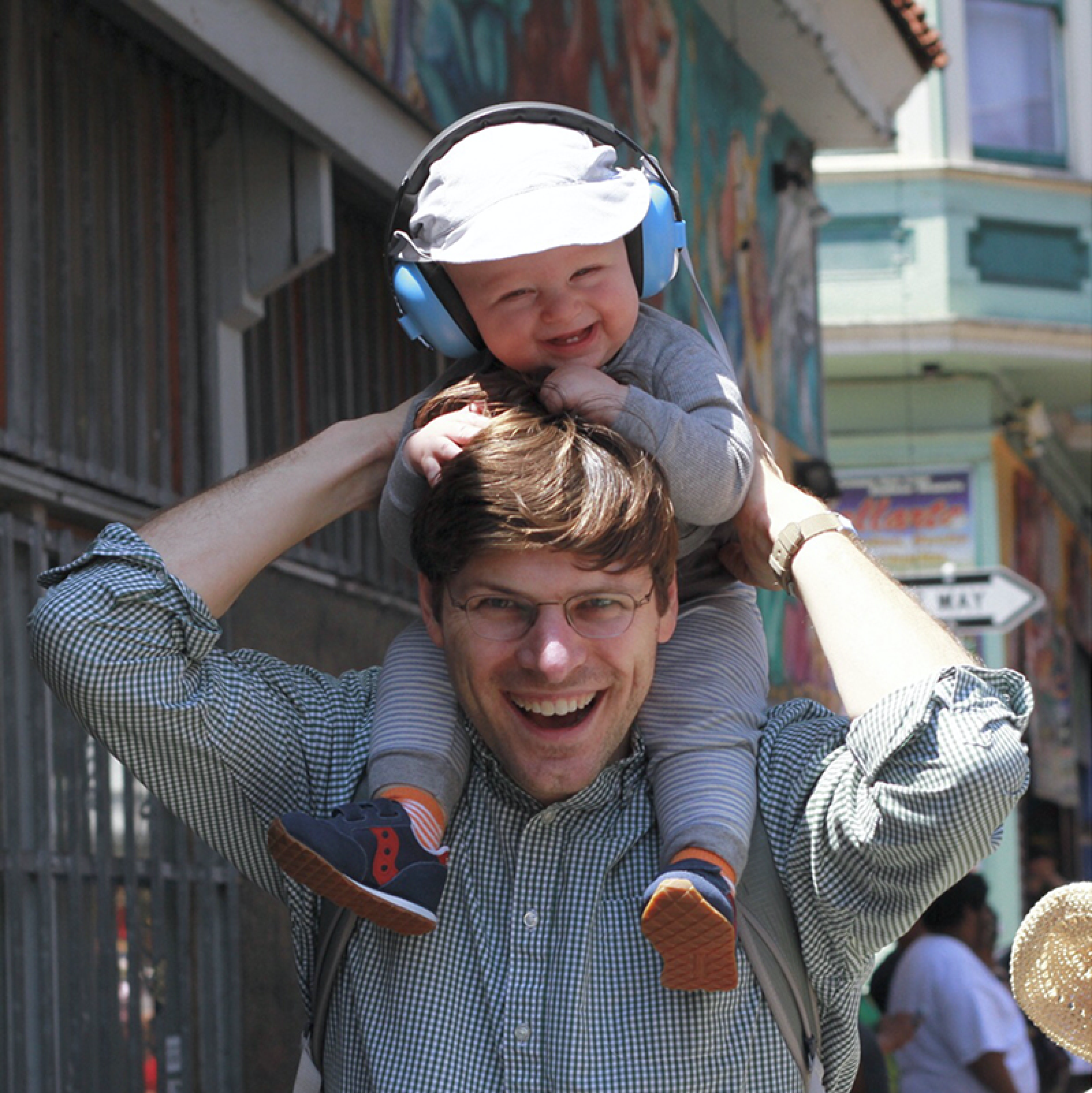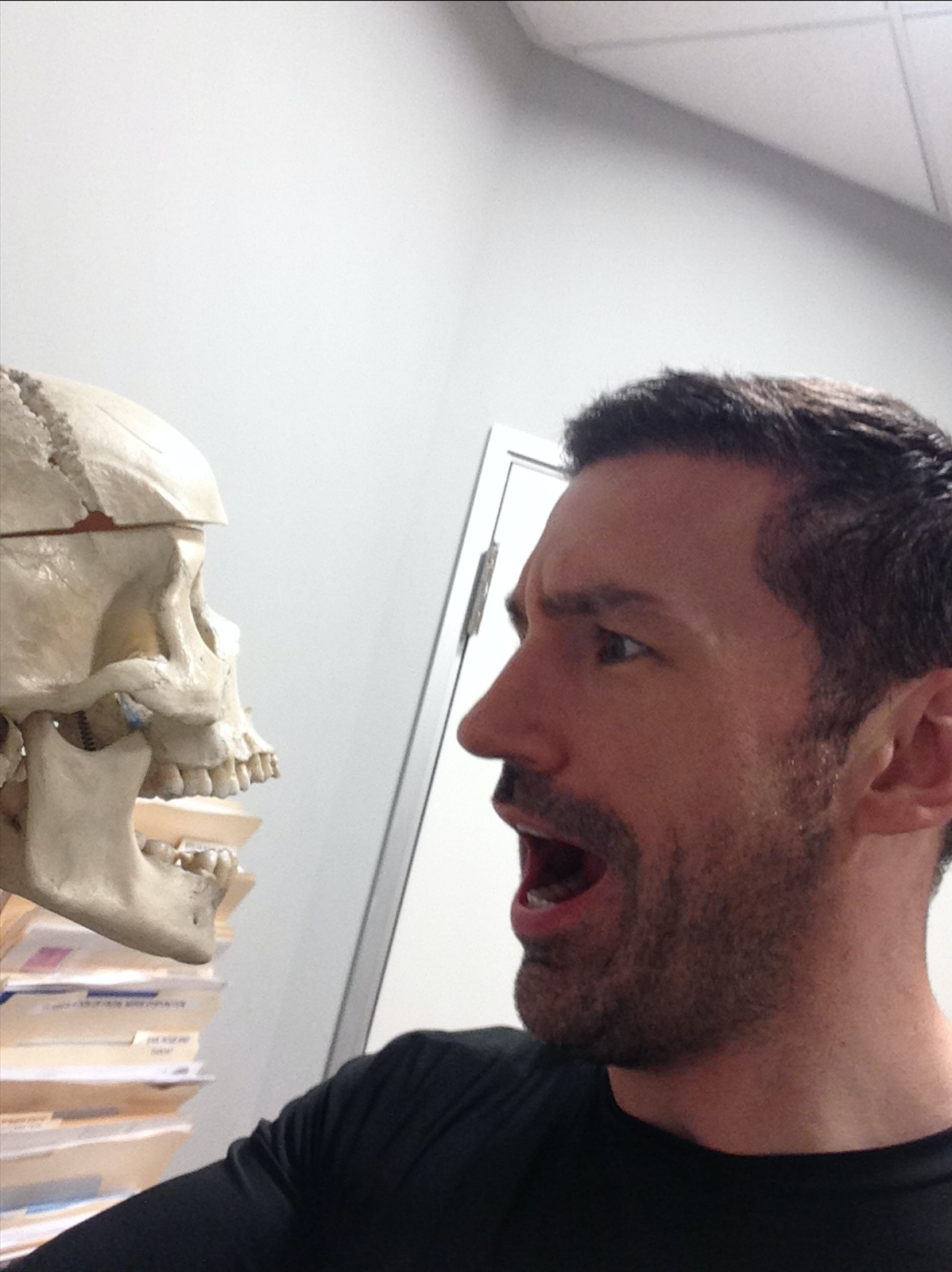
At the startup iBeat, every other weekend is Labor Day weekend.
That’s right: The special three-day weekend many of you in the United States are about to relish is a matter of routine for this San Francisco health-tech company.
CEO Ryan Howard, who’s made shortened weeks a staple of iBeat since he founded it this year, spends his days off riding his motorcycle, running errands, and taking out-of-town trips. “I don’t burn out at all at this job,” he told BuzzFeed News. “My life doesn’t feel so cramped. It’s nice. I’m more aware; I’m tuned in; I’m much more sustainable at work.”
iBeat may be onto something. A growing body of research suggests that the traditional five-day workweek, still the norm for the majority of US workplaces, isn’t necessarily most efficient. Shorter weeks may actually boost employees’ productivity — not to mention their happiness. And they can be a powerful recruitment and retention tool, especially for small startups that can’t offer all the other perks that tech giants give employees.
As workers grow out of their 20s or just burn out, some think less favorably of Silicon Valley’s ingrained workaholic culture.
iBeat’s emphasis on work-life balance helps attract talented employees, Howard says, including those disenchanted with Silicon Valley’s ingrained workaholic culture of all-nighters, meals at the office, and nonstop emailing and Slacking. As workers grow out of their 20s and start families, or just burn out, some think less favorably of the work-life balance espoused by people like Yahoo CEO Marissa Mayer, who recently told Bloomberg of her time at Google, “‘Could you work 130 hours in a week?’ The answer is yes, if you’re strategic about when you sleep, when you shower, and how often you go to the bathroom.”
The idea of giving employees a more flexible schedule seems to be slowly catching on. Forty-three percent of companies allow some employees to work compressed weeks during at least part of the year, according to a 2014 survey by the Society for Human Resource Management. And as BuzzFeed News reported last month, Amazon is beginning to test four-day, 30-hour workweeks for some of its tech employees.
Why do we work five days to begin with?
Five-day workweeks date back to 1908, when a New England mill became the first American factory to offer workers two days off; Saturday until that point had been a half, not full, day of rest. Most of its workers were Jewish, and the new schedule let them observe their Sabbath on Saturday. In 1926, Ford became the first large-scale employer to put its plants on the schedule, and the practice spread from there.
The year is now 2016, and the five-day workweek is still firmly in place in the US and much of the world. But it may be time to rethink that tradition, as evidence suggests that longer hours don’t necessarily lead to higher productivity. A 2009 study of 2,000 British civil servants showed that working more than 55 hours a week was associated with lower cognitive performance, compared to 40 hours a week.

In 2008, then-Utah Gov. Jon Huntsman started a “4/10” workweek – 10 hours a day, Monday through Thursday — for thousands of state workers in hopes of saving money and improving efficiency. When Brigham Young University professors Rex Facer and Lori Wadsworth dug into what people thought about the first-in-the-nation policy, as well as about similar schedules in other places, they found that just about everyone involved had good things to say. Employees enjoy the reduced commute and chance to spend more time with their families, and they are able to squeeze in more tasks on the days they are at the office.
“Whether you ask managers or ask employees, they both report their employees are more productive. They tend to report there are higher levels of job satisfaction. And one of the things that was surprising to us was that they report that they take less time off work,” Facer, an associate professor of public management, told BuzzFeed News. That likely means that employees are scheduling errands on their scheduled days off, reducing the need to take vacation, he said.
Utah ultimately didn’t take these lessons to heart, and in 2011, lawmakers cancelled the experiment everywhere but Provost. But several other companies have offered four-day workweeks in some form, including online education startup TreeHouse, project-management tool startup Basecamp, Web development company Reusser Design, global tax and audit firm KPMG, and the US Government Accountability Office.
A great recruiting tool
Last year, as Howard was figuring out next steps after the startup he’d founded, Practice Fusion, had ousted him as CEO, one of his friends died in his sleep from undetected heart problems. That loss gave Howard the idea for what became iBeat: a heart rate-monitoring wristband that calls 911 in emergencies. This time, though, he’d do things differently.
“I worked on Practice Fusion for ten years, and I woke up one day and I was 40,” he said. “I didn’t want to lose another decade of my life.” So around January, when he started pitching venture capitalists and hiring employees, Howard decided to offer alternate four-day workweeks from the get-go. (He thought that having them every week would be tougher for investors to swallow.)
iBeat, which raised $1.5 million in seed funding last month, isn’t flush with the capital and prestige of established companies, which makes hiring hard. It doesn’t have round-the-clock catered meals or on-site haircuts and laundry. But 26 three-day weekends a year are a bonus that’s relatively affordable and especially attractive to older employees who have both family obligations and enough work experience to be productive right away. “It allows me to recruit a caliber of candidates because this perk’s not available anywhere else,” at least not in the Bay Area, according to Howard. “And so I can recruit in a way that Google and Facebook can’t.”

Brian Boarini, the director of product management at iBeat, was a Google contractor at the beginning of his career. “I had the buses and cafeterias and gyms,” he recalled. “They’re everything they’re cracked up to be, in my limited experience.”
But Boarini, now 33, jumped to join iBeat and its team of 10 or so employees partly because he could spend more time with his 1-year-son.
“I’ve never heard of any other company offering that — you get a day back every other week — which right now is really the most important thing, no question,” he said. “When you’re up at 5 and you don’t stop until 10 o’clock with dinner and dishes and laundry, to get a free day to run chores or just hang out and relax — I can’t imagine a better situation.”
"There's no hitch."
“There’s no hitch,” Howard said. People work a regular 10 a.m.-to-6 p.m. schedule. Salaries and health insurance coverage are competitive and the same as if employees worked five days a week, Howard says. There’s also unlimited vacation time, although, given the company’s small size, employees are requested to not take more than two weeks off at a time. They’re also encouraged to schedule their doctor’s appointments, haircuts, and other errands for their Fridays off, so the team can make the most of the shorter weeks.
iBeat employees say that people outside the company have been understanding — and more than a little jealous — when it comes to scheduling meetings and phone calls. For some inside the startup, one of the hardest adjustments has been to actually feel comfortable with working less. Howard admits that he’ll occasionally run errands and take meetings on Fridays. Kristin Tinsley, director of marketing and communications, said, “The one thing I think was the hardest habit to change was just not checking my emails.” So she puts her phone in “do not disturb” mode and sets up a reminder to stay out of her inbox. Getting a massage every other Friday also doesn’t hurt.

Working less may not work for everyone
“So why don’t we have three-day weekends?” you think, as you begin to paste this article into an angry email to your boss.
It’s tricky. Cutting a day out of the week isn’t a cut-and-dry matter, according to Facer, the BYU professor. His studies have focused on workweeks of 10 hours per day over four days — but research doesn’t yet show that working a typical eight hours a day, four days a week, also improves productivity, he said. That’s because the practice hasn’t been adopted widely enough to be studied.
“There are a lot of workers” — especially millennials — “who argue they can get as much done in 32 hours as a lot of other people could get done in 40,” he said. “We just haven’t seen that used in any kind of large-scale trials and so we don’t know how it’ll really play out.”
Most importantly, four-day workweeks aren’t a one-size-fits-all solution. If "the best choice is a traditional schedule, great. If the best choice is a four-day work schedule with 32 hours, fantastic. If it’s a four-day workweek with 40 hours, great,” Facer said. To do it right, he says, you have to “make decisions deliberately so you’re thinking about, ‘How is this affecting the employees I have, and am I able to provide the set of services necessary for the organization I’m working for?’”
You'd be surprised what you can get used to
Sometimes, as hard as this might be to accept, a four-day-a-week schedule isn’t the best option year-round. That was the case for Basecamp, which makes Web-based project management tools and had enforced that policy since it was founded in 1999.
It may sound like a dream. But about six years ago, Jason Fried, CEO of the Chicago company, sensed that three-day weekends were beginning to feel more routine than rare. Now, three-day weekends are only in place May through September.
“I didn’t want to lose another decade of my life.”
“By making it special, you have more of a feeling that ‘I’m going to take advantage of this, I only have this for five to six months a year,’” he said. It wasn’t because people were slacking off, he insisted; he genuinely wanted to bring back the kinds of breaks that divided up the year when you were a child, like school letting out for the summer.
Admittedly, employees were “probably a little bit disappointed.” But Fried said that people are now used to the policy, which he credits with helping to retain most of Basecamp’s 50 employees for four, five, or six years, a long time in startups. Basecamp also offers three weeks of vacation — and takes time off so seriously that it even pays for employees and their families to travel to destinations like Morocco and Thailand.
Fried is curious to see how shortened workweeks play out now that Amazon and other companies are now adopting them. What’s important for bosses to keep in mind, he said, is that they can’t offer four-day weeks while celebrating people who pull all-nighters. “If you tell people they don’t have to work Fridays and make them feel guilty they aren’t,” he said, “that’s not really following through on the idea.”
This Labor Day weekend, Fried is planning to travel to Wisconsin to catch up with some old friends. Call it putting philosophy into practice.
